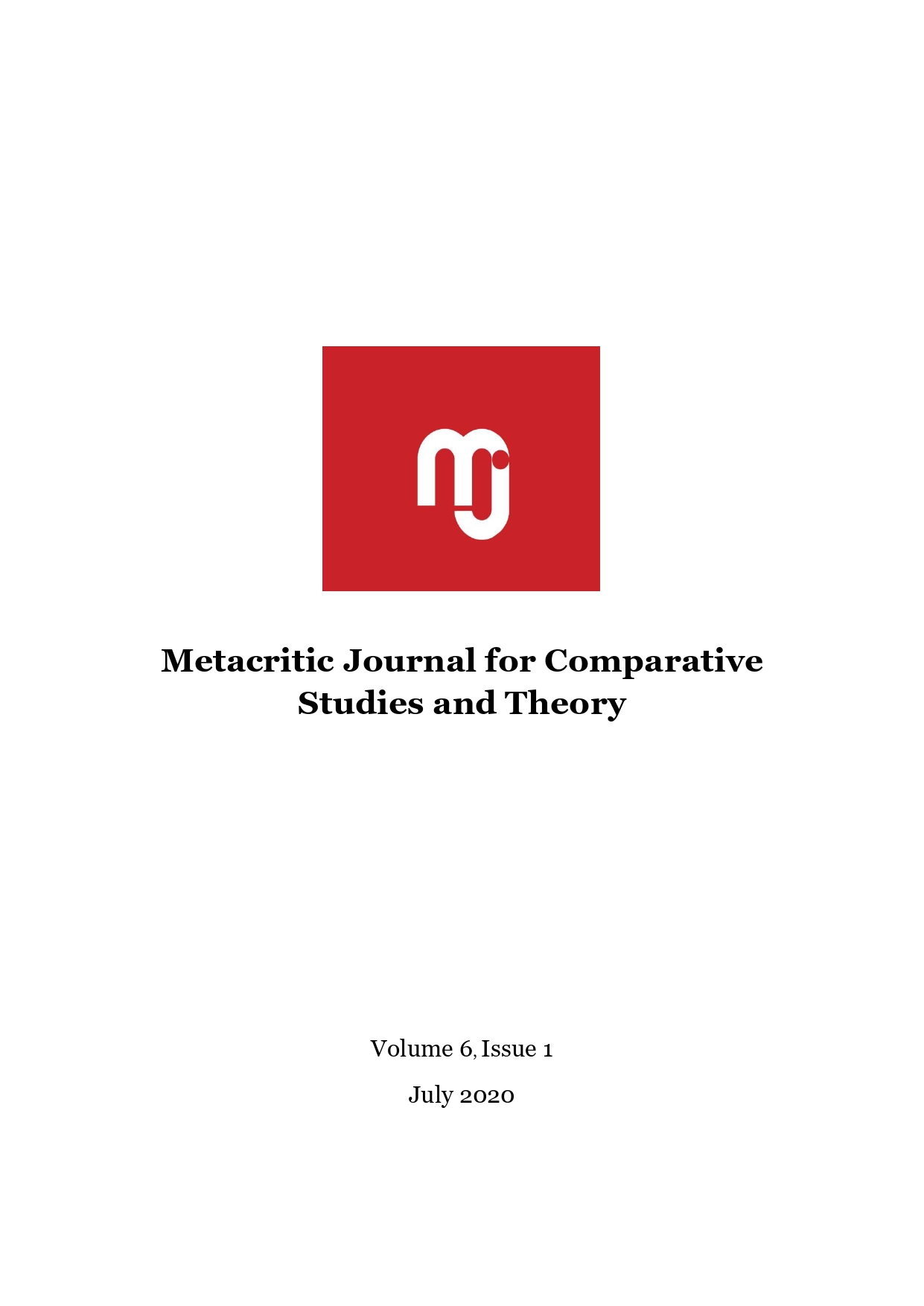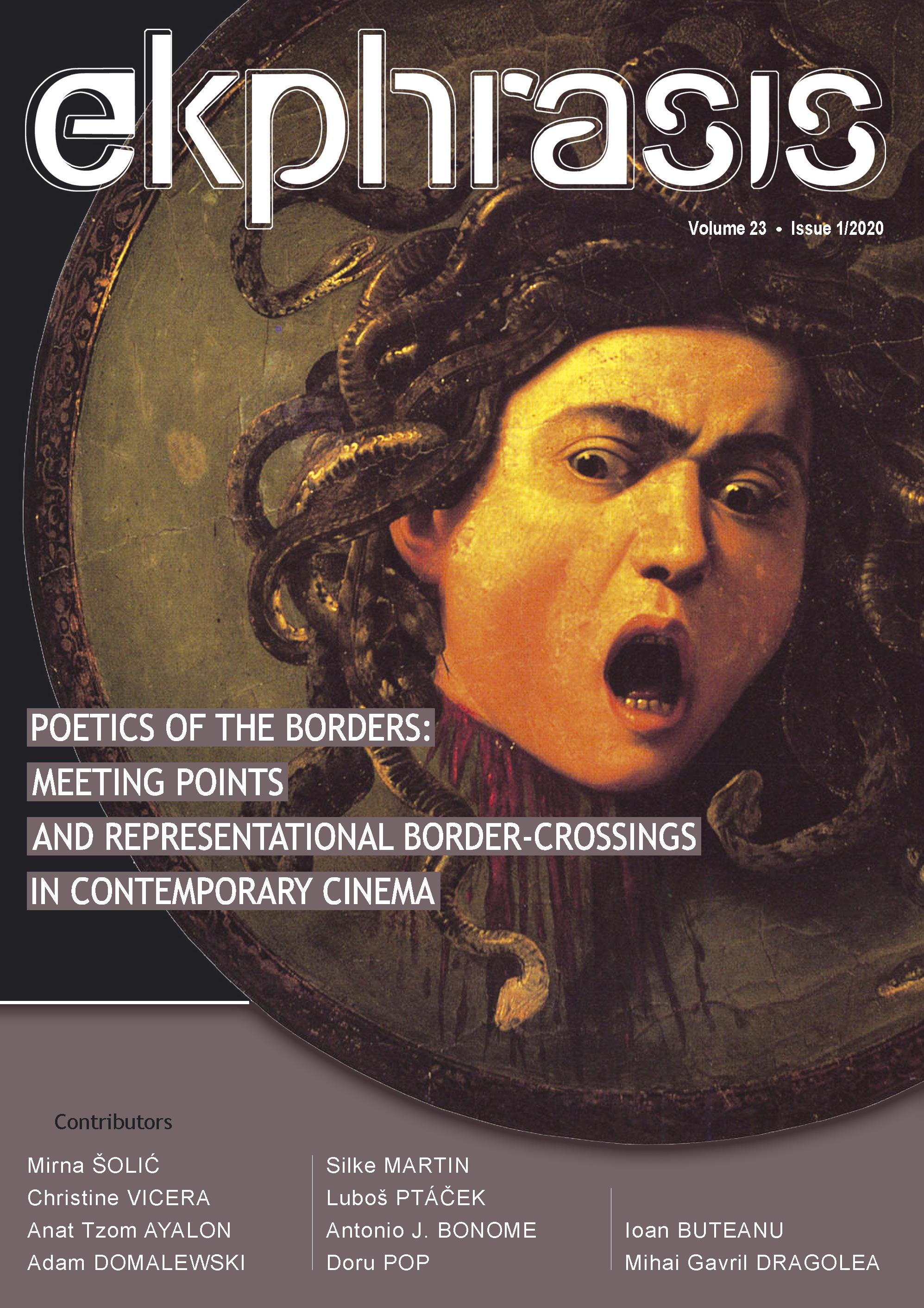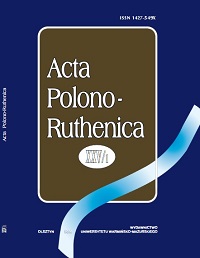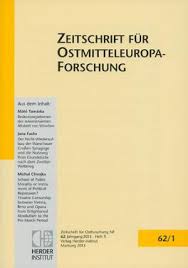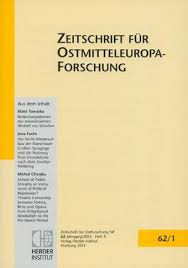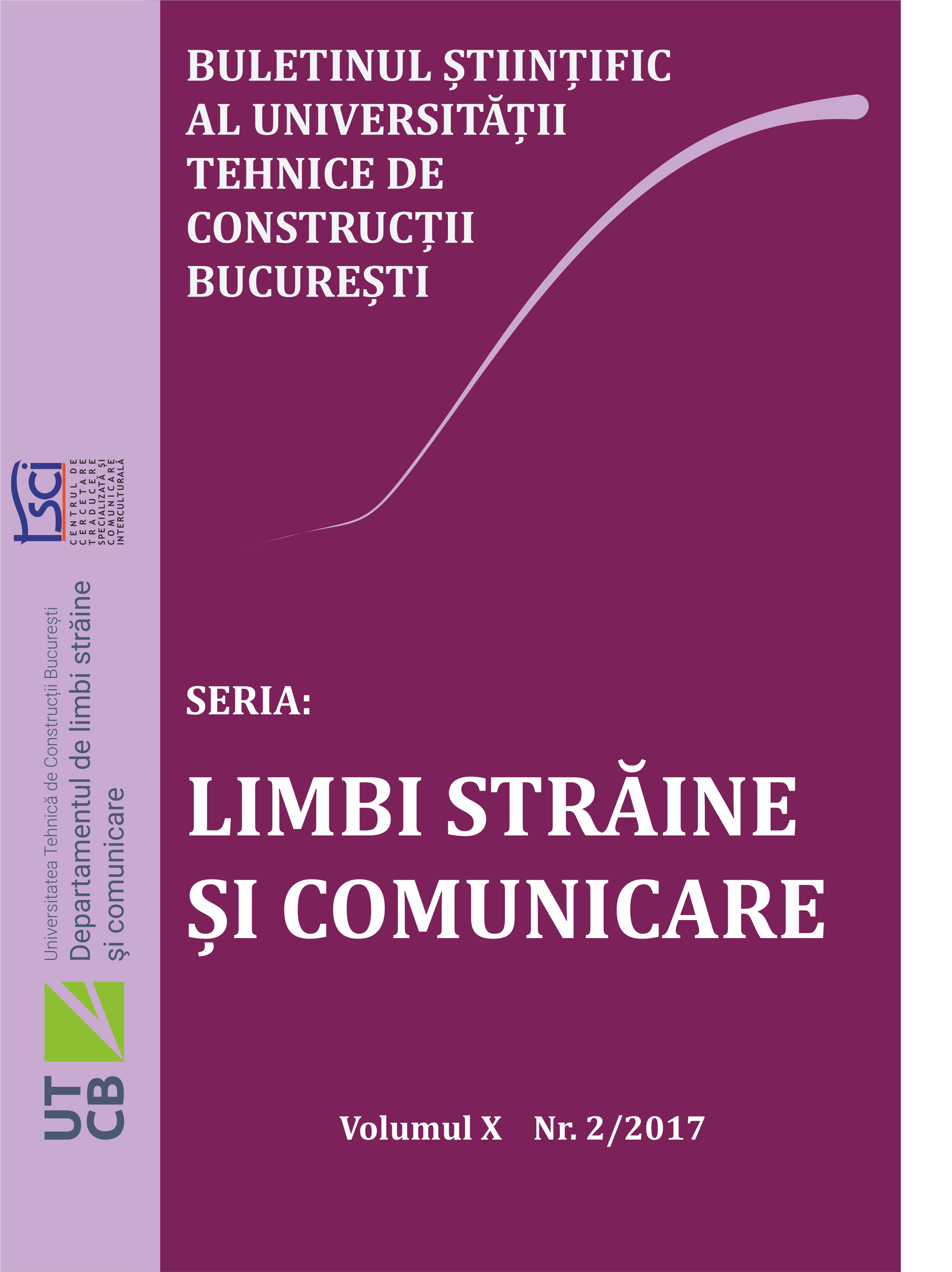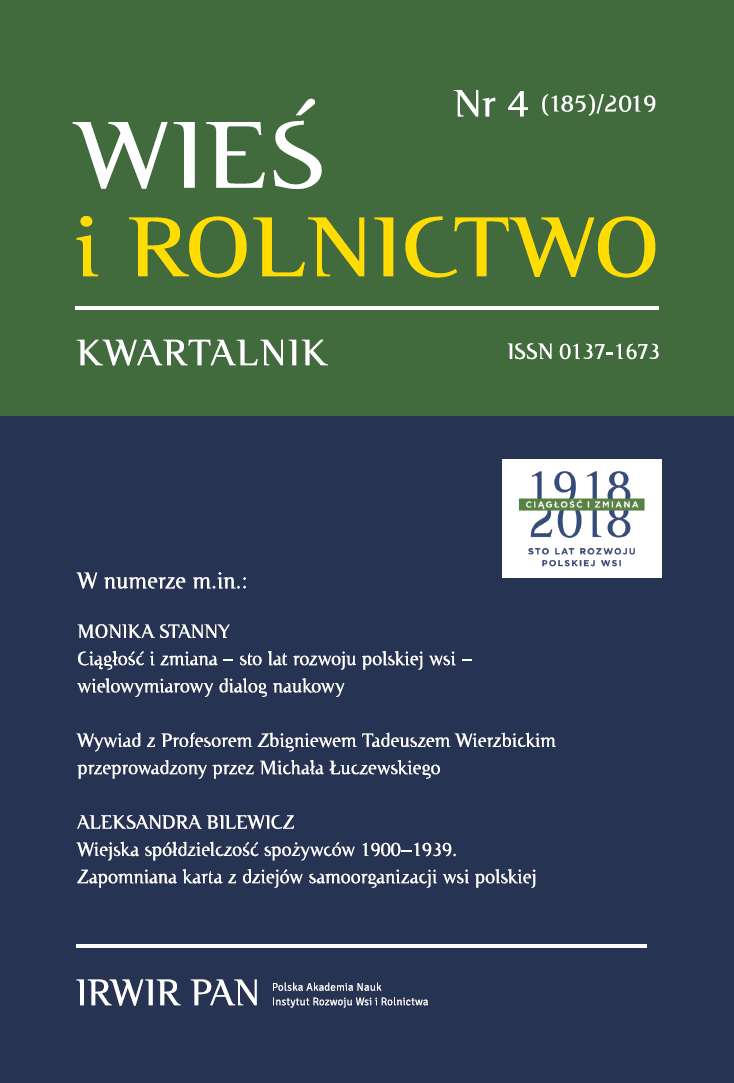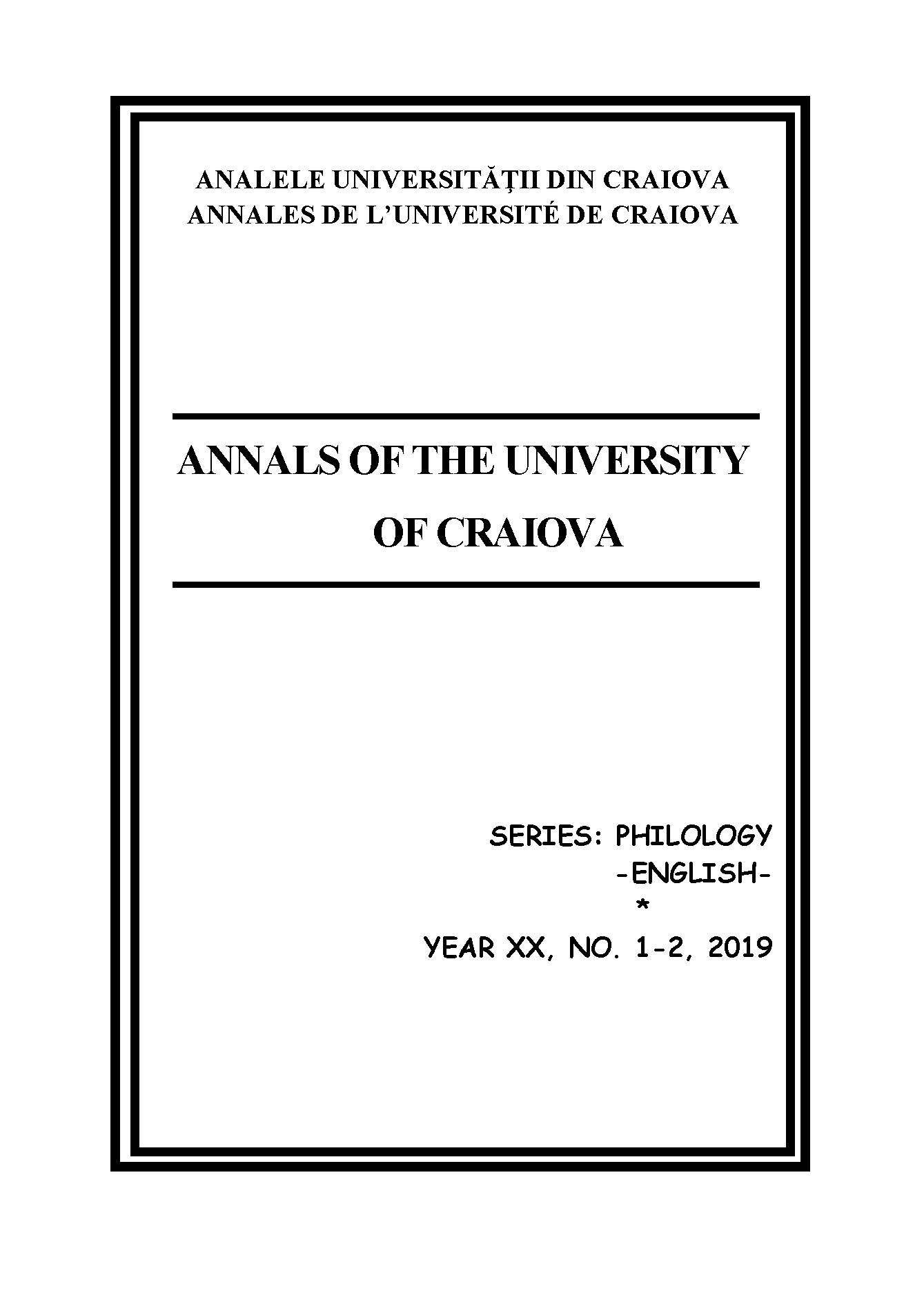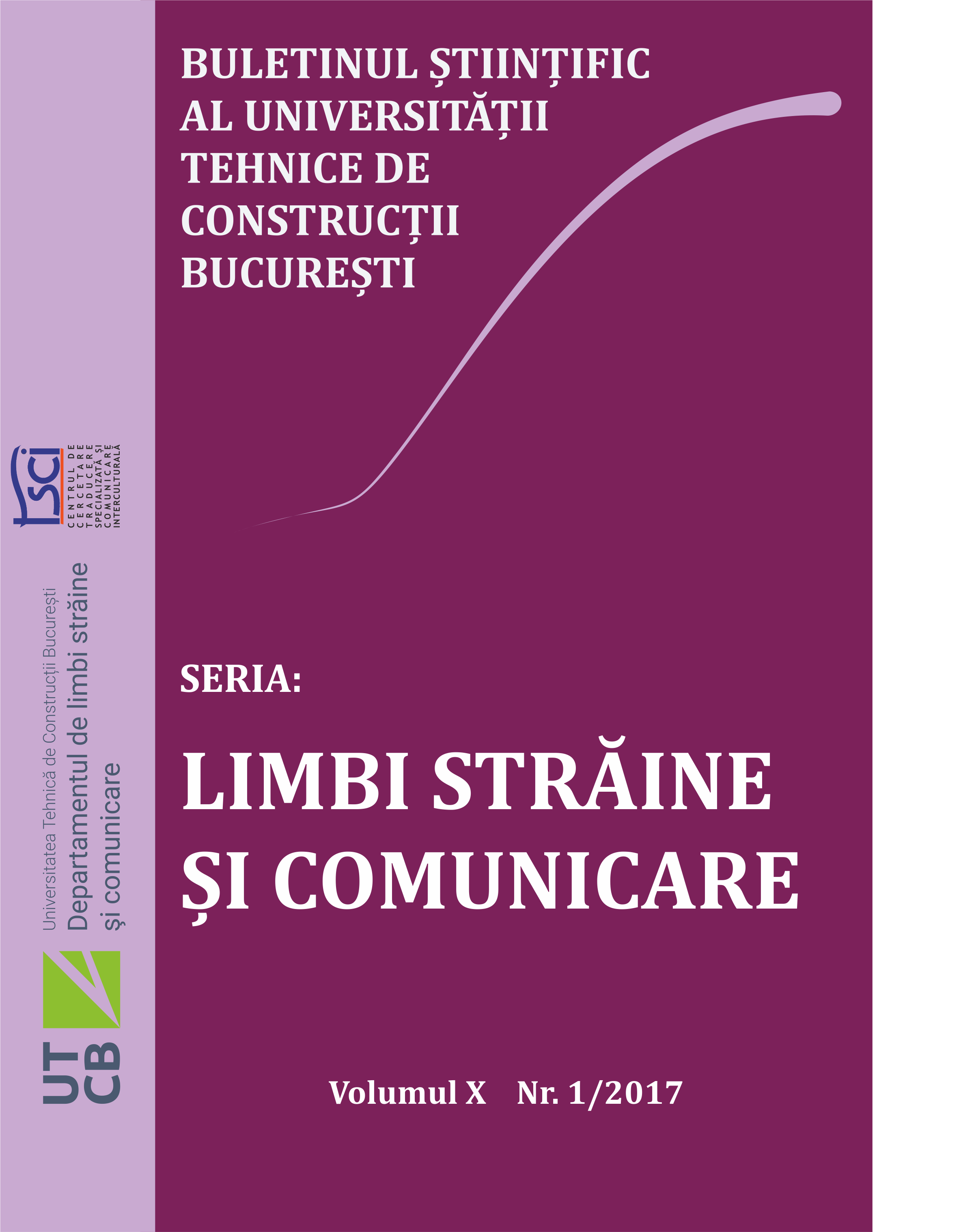
MENTALITĂȚILE – O CALE SPRE ÎNȚELEGEREA IDENTITĂȚILOR CULTURALE DIN PERSPECTIVA SINCRONISMULUI
Anthropologically speaking, culture, by and large, marks the opposition culture vs.nature giving specificity to the human being way of existence. Cultural facts – knowledge,techniques, institutions, ways of behaviour, visions upon universe – sign of the culture’s unity have an “acquired” character, they are created by the human kind and independent from the biological laws, they are not known outside the human being. They represent a new environment, different from the natural one. This new environment (equally material and spiritual) interposes between man and nature and among people within a collectivity; it moulds the relationship of the human being with the self and it is the result of the synchronicity of the relationship of the human being with the society.
More...
